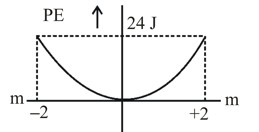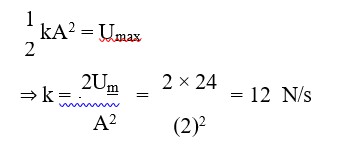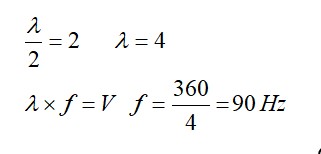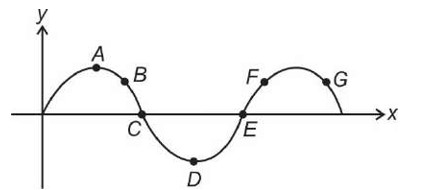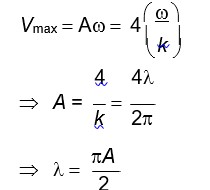How does the speed of a wave depend on the medium and the type of wave?
2 Views|Posted 10 months ago
Asked by Shiksha User
1 Answer
P
Answered by
10 months ago
The speed of a wave can be found by the medium properties through which it travels. For mechanical waves, the speed of the wave depends on the inertia and elasticity of the medium. For example, the speed of a wave is dependent on the mass of the wave per unit length and the tension in the string.
Al
Similar Questions for you
The acceleration of wave is g/2. Its speed increases as it moves up. So answer is (2)
Distance between successive compression and rarefaction is λ/2
.
Both points B and G are moving up and are at same distance from equilibrium position at the instant.
Taking an Exam? Selecting a College?
Get authentic answers from experts, students and alumni that you won't find anywhere else.
On Shiksha, get access to
66K
Colleges
|
1.2K
Exams
|
6.9L
Reviews
|
1.8M
Answers
Learn more about...
Didn't find the answer you were looking for?
Search from Shiksha's 1 lakh+ Topics
or
Ask Current Students, Alumni & our Experts
Have a question related to your career & education?
or
See what others like you are asking & answering

